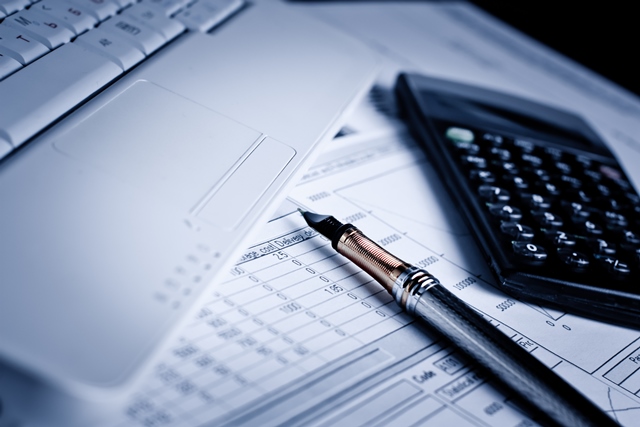Valuation is a crucial aspect of any commercial property portfolio; at CPMS we follow the guidelines set by RICS as well as all the methods of valuation set out in the industry to give a comprehensive and accurate valuation. There are hundreds of factors affecting the valuation of any given commercial property, all factors are taken in to consideration when creating a comprehensive valuation report.
From taking instructions, we start with a desktop study gasping an overview of the area, recent transactions giving us an up to date idea of the area.
The second step, CPMS will physically inspect the prospective property in great detail listing anything from the type of lighting, flooring, materials, state of repair, services (just to name a few) which will be accompanied by photographs as well as detailed measurements as set out in RICS guidelines for good practice.
The third step is further research with relevant comparative transactions giving us the figures we need to create a formula in order to determine the value of the property with a very technical set of formulas and sums to calculate the figure that CPMS gives as the market value.

There are a few reasons why a valuation reports are required which will dictate the format in which the document layout is set, the reasons for valuations are as follows:
1. Valuation for company account purposes
Unlike other company assets, which are often written down over a number of years in the balance sheet, land and buildings are required to be valued to current market value. If an up-to-date valuation is at hand then it can save time and money when other professionals require one from you as a small business owner.
If there is a change in Directors or Shareholding within your company you may require an updated valuation of the company’s assets to include a market value of the property holdings. Again, it is something that can delay a negotiation or agreement and can lead to frustration when not readily available. If an up to date valuation is required then a good relationship with an external valuer who knows your business premises but remains impartial can be a very useful contact to have.
Similarly where a director or shareholder retires, the assets may need to be divided between the remaining directors or shareholders, someone who knows your business and your property assets will have this information to hand.
2. Secured Loans
If your business requires bank funding then it is almost certainly going to be secured against your business premises first and foremost. To do this the bank will instruct an Valuer to undertake a secured lending valuation. More often than not the bank manager will ask if you are aware of the current market value of your property.
More and more we are seeing business owners approaching their bank managers in order to obtain a valuation report so they can go into their meeting with a clear idea of how much their premises are worth in order to show the manager that they have done their research.
3. End of lease repairs – occupiers beware
If you do not own your premises on a freehold basis then you will have a landlord. When your lease comes to an end your landlord may try to make a claim for dilapidations, depending on the repairing liabilities of your lease.
The amount that they can claim is limited by Section 18 (1) of the Landlord and Tenant’s Act 1927. This ensures that the cost of repairs can’t be more than how much the property value has been reduced by. So if the cost of repairs is £15,000 but the property value has only gone down by £10,000 you will only be able to claim up to £10,000 and not £15,000 you have spent. We provide this service to both landlords and occupiers in order to confirm that such a loss exists or reduce any claim being made.
4. Stamp Duty
When ownership of a share of a property or the entire property is to be transferred, a value has to be given in order to assess the amount of Stamp Duty to be paid to the Inland Revenue.
5. Capital Gains Tax
If you sell your business premises, which is not a principal private residence, the Inland Revenue will often require a formal written valuation to be provided in order to calculate any Capital Gains Tax due. To save any dispute or delay it is worth having this to hand when the time comes.
